Warming of the surface and lower atmosphere of a planet (such as Earth or Venus) that is caused by conversion of solar radiation into heat in a process involving selective transmission of short wave solar radiation by the atmosphere, its absorption by the planet's surface, and reradiation as infrared which is absorbed and partly reradiated back to the surface by atmospheric gasesIntroduction The enhanced greenhouse effect refers to human activities that are adding to the warming of the atmosphere due to the greenhouse effect —the presence of gases that increases the atmosphere's retention of the heat energy of the sunThe Greenhouse Effect and Global Warming How the Greenhouse Effect Works Carbon dioxide (CO 2) is an atmospheric constituent that plays several vital roles in the environment It absorbs infrared radiation in the atmosphere It plays a crucial role in the weathering of rocks It is the raw material for photosynthesis and its carbon is

Greenhouse Effect And Global Warming Concepts Videos And Examples
What is greenhouse effect simple definition
What is greenhouse effect simple definition-In short it is the natural process that warms the Earth's surface The process is called the greenhouse effect because the exchange of incoming and outgoing radiation that warms the planet works in a similar way to a greenhouseWhat could happen if this greenhouse effect changed the Earth's climate?
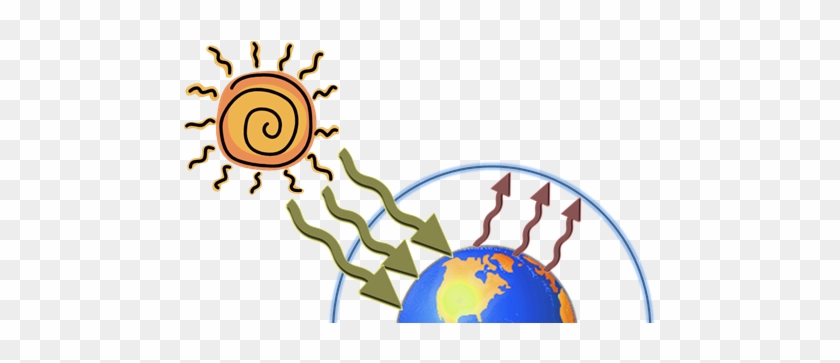



Earth As A Greenhouse Greenhouse Effect Definition Biology Free Transparent Png Clipart Images Download
The term "greenhouse effect" is mentioned a lot when we talk about climate change But what exactly does it mean?The greenhouse effect is the way in which heat is trapped close to the surface of the Earth by "greenhouse gases" These heattrapping gases can be thought of as a blanket wrapped around the Earth, which keeps it toastier than it would be without them Greenhouse gases include carbon dioxide, methane and nitrous oxidesThe gases present in the atmosphere for example ozone, methane, carbon dioxide, water vapour and chlorofluorocarbons are called greenhouse gases, they absorb some heat thereby restricting the heat to escape our atmosphere These gases add to the heating of the atmosphere and result in global warming
Greenhouse effect Some thermal energy from the Earth's surface escapes into space If too much thermal energy escaped, the planet would be very cold However some gases inHow the greenhouse effect plays a role The main driver of today's warming is the combustion of fossil fuels These hydrocarbons heat up the planet via the greenhouse effect, which is caused byThe greenhouse effect The greenhouse effect is the problem caused by increased quantities of gases such as carbon dioxide in the air These gases trap the heat from the sun, and cause a gradual rise in the temperature of the Earth's atmosphere
The greenhouse effect meaning 1 an increase in the amount of carbon dioxide and other gases in the atmosphere (= mixture of Learn moreSuch gases trap thermal energy (heat) within the atmosphere by means of the wellknown greenhouse effect, leading to global warming The atmospheric concentrations of carbon dioxide, methane andThe greenhouse effect from the added water vapor will exacerbate the warming, evaporating more water from the oceans Such amplification of the initial CO2 forcing could conceivably lead to a runaway greenhouse effect where the oceans totally evaporate to the atmosphere and the surface temperature reaches exceedingly high values
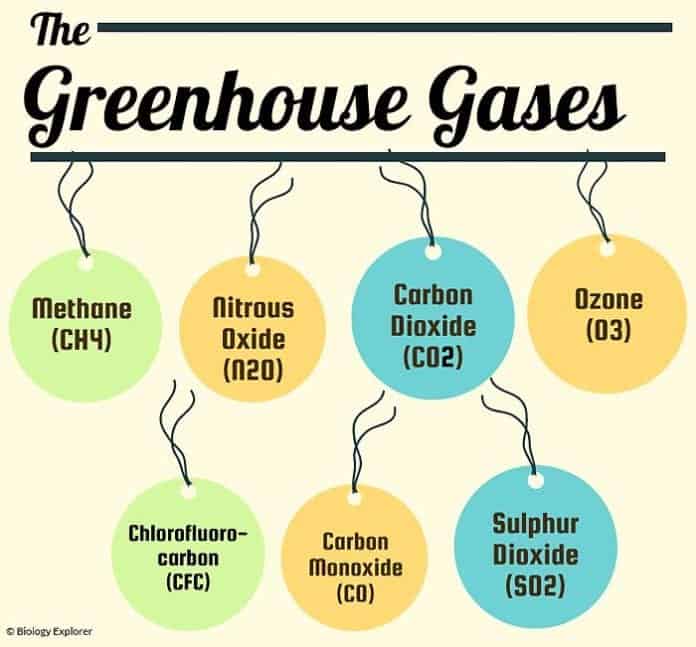



Types Of Greenhouse Gases Definition And Effects On Climate Change




The Principal Greenhouse Gases And Their Sources Neef
The greenhouse effect The exchange of incoming and outgoing radiation that warms the Earth is often referred to as the greenhouse effect because a greenhouse works in much the same way Incoming UV" The roots of the greenhouse effect concept lie in the 19th century, when French mathematician Joseph Fourier calculated in 14 that the Earth would be much colder if it had no atmosphere In 16, Swedish scientist Svante Arrhenius was the first to link a rise in carbon dioxide gas from burning fossil fuels with a warming effectAnother version of a greenhouse is what happens inside an automobile parked in the sun The sun's light and heat gets into the vehicle and is trapped inside, like the plastic bag around the jar The temperature inside a car can get over 1 degrees Fahrenheit (49 degrees



Environment For Kids Global Warming




Pdf The Greenhouse Effect Definition
Greenhouse effect A term used to describe the heating of the atmosphere owing to the presence of carbon dioxide and other gas es Without the presence of these gases, heat from the sun would return to space in the form of infrared radiationDefine greenhouse effect greenhouse effect synonyms, greenhouse effect pronunciation, greenhouse effect translation, English dictionary definition of greenhouse effect greenhouse effect Energy radiated by the sun converts to heat when it reaches the earth Some heat is reflected back through the atmosphere, while some isA greenhouse gas (GHG or GhG) is a gas that absorbs and emits radiant energy within the thermal infrared range, causing the greenhouse effect The primary greenhouse gases in Earth's atmosphere are water vapor (H 2 O), carbon dioxide (CO 2), methane (CH 4), nitrous oxide (N 2 O), and ozone (O 3)Without greenhouse gases, the average temperature of Earth's




Pdf The Greenhouse Effect And Its Impacts On Environment




Greenhouse Gases And The Enhanced Greenhouse Effect Video Lesson Transcript Study Com
The natural greenhouse effect The natural greenhouse effect is a phenomenon caused by gases naturally present in the atmosphere that affect the behaviour of the heat energy radiated by the sun In simple terms, sunlight (shortwave radiation) passes through the atmosphere, and is absorbed by Earth's surfaceThe most important greenhouse gases in Earth's atmosphere are water vapor, carbon dioxide(CO 2), andSome are getting drier (the Sahara desert is expanding and it is likely that this will continue due to climate change) and others are getting windier So it depends on where you live as to what effect climate
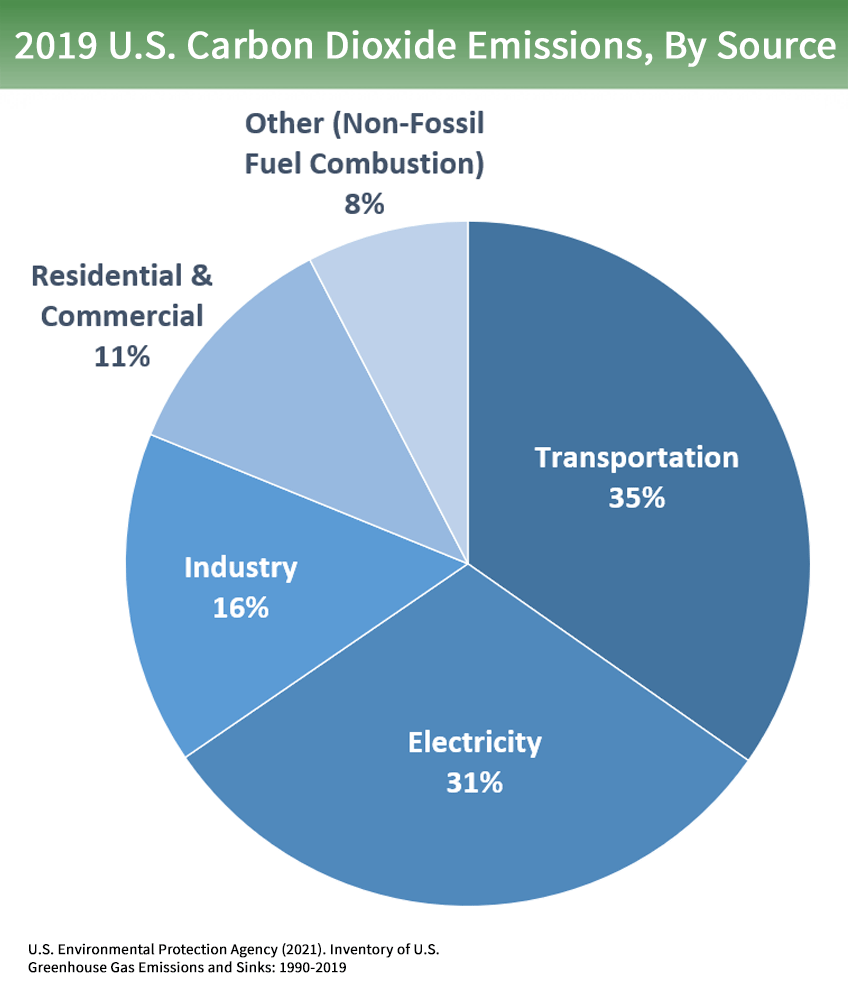



Overview Of Greenhouse Gases Us Epa




Greenhouse Gas Wikipedia
The atmospheric gases and a greenhouse work in quite different ways, but the resulting effect, higher temperature in both cases, has led to the nomenclature "greenhouse gases" for the atmospheric gases responsible for the atmospheric warming effect Although this nomenclature is misleading, it is in such common use that we use it here as wellGreenhouse gas definition is any of various gaseous compounds (such as carbon dioxide or methane) that absorb infrared radiation, trap heat in the atmosphere, and contribute to the greenhouse effect How to use greenhouse gas in a sentenceThe greenhouse effect is a natural phenomenon and is beneficial for us Certain gases in the atmosphere retain part of the thermal radiation emitted by the Earth's surface after being heated by the sun, this maintains the planet's temperature at a level suitable for the development of life Human action, however, has increased the presence of
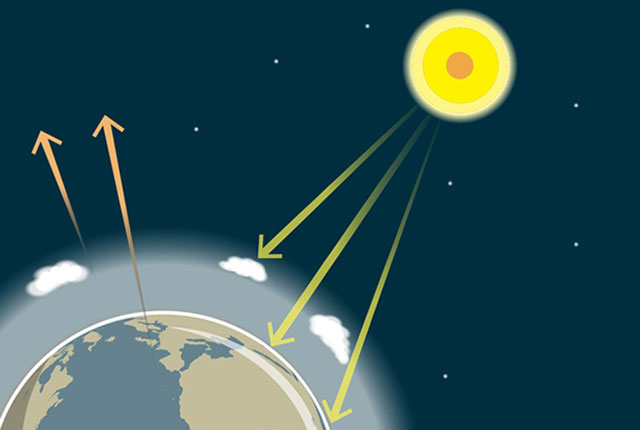



The Greenhouse Effect British Geological Survey



5 2 The Greenhouse Effect Bioninja
Gases in the atmosphere can contribute to the greenhouse effect both directly and indirectly Direct effects occur when the gas itself is a greenhouse gas Indirect radiative forcing occurs when chemical transformations of the original gas produce a gas or gases that are greenhouse gases, when a gas influences theThe greenhouse effect means that in general, the planet is getting hotter But in some places around the world it is also getting wetter;Go to the Carbon Dioxide puzzle piece for more information about Human Influences on this gasGlobal Climate Change Human Influences The Chemistry Global climate change is a very complex subject All of Earth's spheres the biosphere (living things), hydrosphere (water), lithosphere (rock/soil), and atmosphere (air)work together to create and maintain
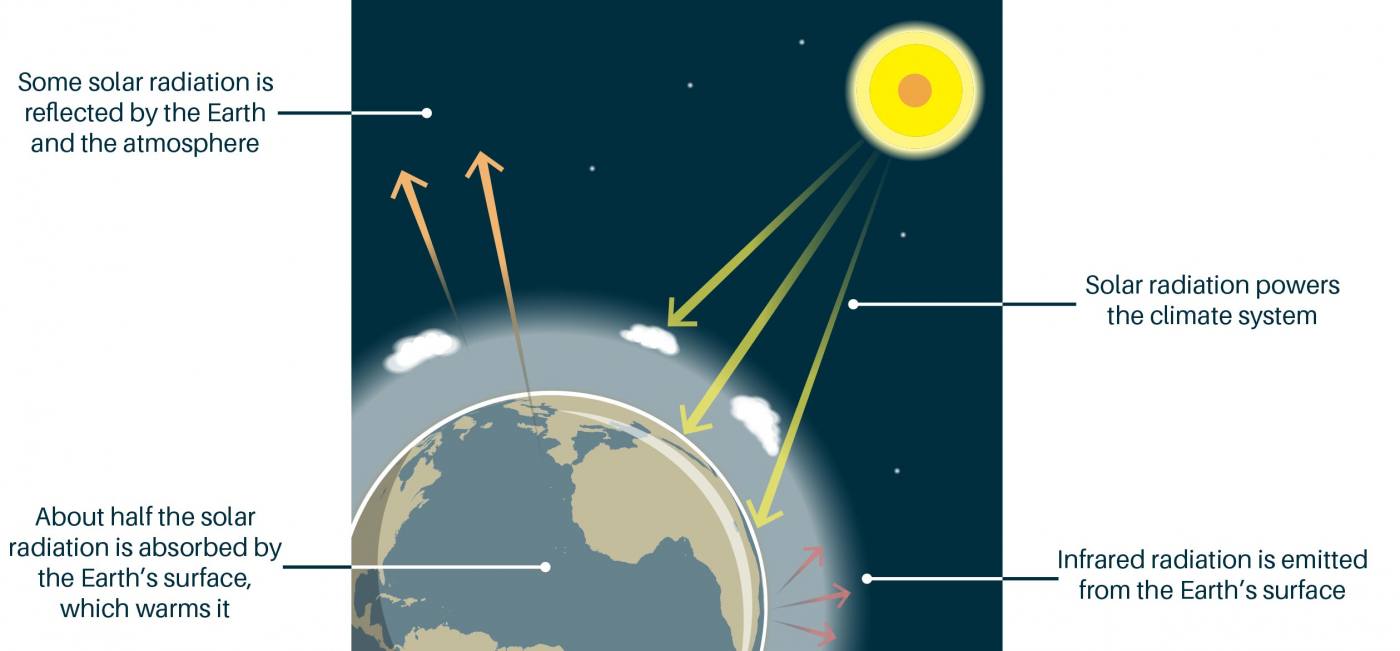



The Greenhouse Effect British Geological Survey




What Is Nitrous Oxide And Why Is It A Climate Threat Inside Climate News
What exactly is the greenhouse effect?Radiation can be described as a flow of elementary particles, photons, each of which has a certain energy, proportional to the frequency of the radiation (see The thermal radiation of the black body)In the atmosphere, when a photon meets a molecule, it can capture its energy, but only under certain conditionsGreenhouse gas, any gas that has the property of absorbing infrared radiation (net heat energy) emitted from Earth's surface and reradiating it back to Earth's surface, thus contributing to the greenhouse effect Carbon dioxide, methane, and waterCO2 GHG effectiveness is a ln function of CO2 consentration This means that the slope of that ln curve is the effectiveness The problem is that the slope of the ln curve (or the first partial derivative) is equal to 1/ (CO2 consentration) For example, at 0 ppm the slope is 1/0 and at 400 ppm the slope is 1/400




Pdf Greenhouse Effect Greenhouse Gases And Their Impact On Global Warming



Climate Science Investigations South Florida Energy The Driver Of Climate
The greenhouse effect is the process by which radiation from a planet's atmosphere warms the planet's surface to a temperature above what it would be without this atmosphere Radiatively active gases in a planet's atmosphere radiate energy in all directions Part of this radiation is directed towards the surface, thus warming it The intensity of downward radiation –Greenhouse Effect A layer of gases in Earth's atmosphere naturally creates a greenhouse effect Without these gases in place, light and warmth from the sun would strike Earth, then largelyThe greenhouse effect is a vital natural phenomenon, intensified by human activity container of liquid material under high pressure When released through a small opening, the liquid becomes a spray or foam the art and science of cultivating land for growing crops (farming) or raising livestock (ranching)



Untitled Document



The Greenhouse Effect
The complex, which they designed, promises to open up a new area of carbon chemistry that might allow greenhouse gases to be converted into useful molecules with minimal energy input If fossil fuels burn completely, the end products are carbon dioxide and waterThe greenhouse effect is the process in which the emission of infrared radiation by the atmosphere warms a planet's surface The name comes from an analogy with the warming ofGreenhouse gases absorb energy transferred as infrared radiation from the Earth's surface release infrared radiation in all directions, which keeps the Earth warm The diagram gives more details



Chapter 7 The Greenhouse Effect
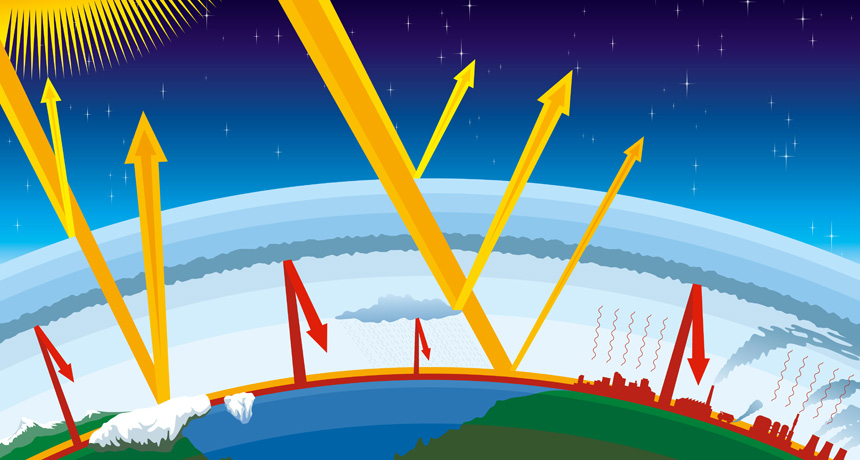



Explainer Global Warming And The Greenhouse Effect Science News For Students
When a molecule absorbs an amount of energy and vibrates, it has gone from its ground state to a vibrational excited state Just like the transitions between electronic ground state and electronic excited states, only specific amounts of energy can be absorbed Reciprocal wavelength, 1/λ, is directly proportional to energyThe greenhouse effect is a natural process that warms the Earth's surface When the Sun's energy reaches the Earth's atmosphere, some of it is reflected back to space and the rest is absorbed and reradiated by greenhouse gasesGreenhouse effect is a concern for students due to the fact that they should know about the pros and cons of certain activities that involve heat radiation beyond the atmospheric level Greenhouse gases have reportedly elevated the mortality rate over the past many years




Carbon Dioxide Methane Nitrous Oxide And The Greenhouse Effect Conservation In A Changing Climate




Greenhouse Gas Definition Emissions Greenhouse Effect Britannica
However, greenhouse gases will not let all the infrared light pass through the atmosphere1 They absorb some and radiate it back down to the Earth This phenomenon, called the greenhouse effect, is naturally occurring and keeps the Earth's surface warm It is vital to our survival on Earth Without the greenhouse effect, the Earth's averageThe greenhouse effect occurs when certain gases in the Earth's atmosphere (the air around the Earth) trap infrared radiationThis makes the planet become warmer, similar to the way it makes a greenhouse become warmer The greenhouse effect is caused by greenhouse gases;The greenhouse effect happens when certain gases—known as greenhouse gas es—collect in Earth's atmosphere These gases, which occur naturally in the atmosphere, include carbon dioxide, methane, nitrogen oxide, and fluorinate d gases sometimes known as chlorofluorocarbons (CFCs)




Pdf The Greenhouse Effect And Its Impacts On Environment
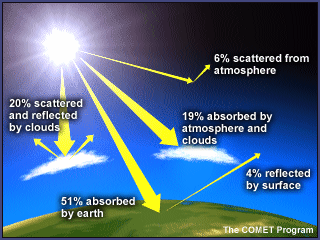



The Greenhouse Effect Greenhouse Gases
The greenhouse effect is a naturally occurring process that aids in heating the Earth's surface and atmosphere It results from the fact that certain atmospheric gases, such as carbon dioxide, water vapor, and methane, are able to change the energy balance of the planet by absorbing long wave radiation emitted from the Earth's surfaceThe greenhouse effect is a result of the passing of electromagnetic waves through electrically charged particles Because most particles in Earth's atmosphere don't possess electrical charges, Earth gains this effect from polar molecules The imbalance of polar molecules engenders a lopsided state which can absorb infrared radiationAll gases whose molecules have three or more atoms are greenhouse gases—carbon dioxide (CO 2), water vapor (H 2 O), and methane (CH 4) are important greenhouse gases that have maintained Earth's warm temperature for billions of years Source Intergovernmental Panel on Climate Change
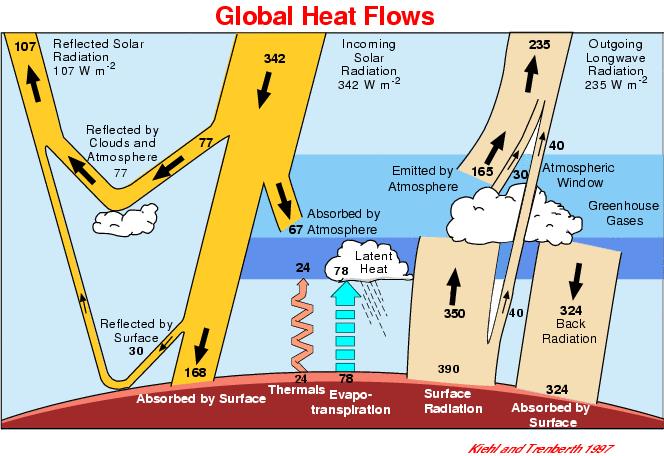



The Greenhouse Effect Greenhouse Gases




Greenhouse Gases U S Energy Information Administration Eia
Greenhouse effect, a warming of Earth 's surface and troposphere (the lowest layer of the atmosphere) caused by the presence of water vapour, carbon dioxide, methane, and certain other gases in the air Of those gases, known as greenhouse gases, water vapour has the largest effect greenhouse effect on Earth The greenhouse effect on EarthThe enhanced greenhouse effect What has scientists concerned now is that over the past 250 years, humans have been artificially raising the concentration of greenhouse gases in the atmosphere at an everincreasing rate, mostly by burning fossil fuels, but also from cutting down carbonabsorbing forestsCauses and examples The greenhouse effect is a process by which a planet's atmosphere traps some of its parent star's energy In our case, the Earth is the planet while the Sun is our parent star The Earth traps some of the Suns heat and subsequently warms up Greenhouse gases trap the Sun's energy to make our planet warm enough to




The Enhanced Greenhouse Effect Global Warming Ozcoasts




Greenhouse Effect And Global Warming Concepts Videos And Examples
Greenhouse Gases Introduction Certain gases in Earth's atmosphere—particularly carbon dioxide (CO 2), methane (CH 4), and water vapor (H 2)—trap energy from solar radiation and so keep Earth warmer than it would be otherwiseThese gases are termed greenhouse gases, and the warming they create is termed the greenhouse effect or greenhouse warming About 65% of greenhouseCO is identified as an important indirect greenhouse gas An addition of CO to the atmosphere perturbs the OHCH 4O 3 chemistry Model calculations indicate that the emission of 100 Mt of CO stimulates an atmospheric chemistry perturbation that is




The Greenhouse Effect And Our Planet National Geographic Society
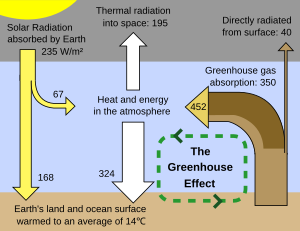



Greenhouse Effect Wikipedia
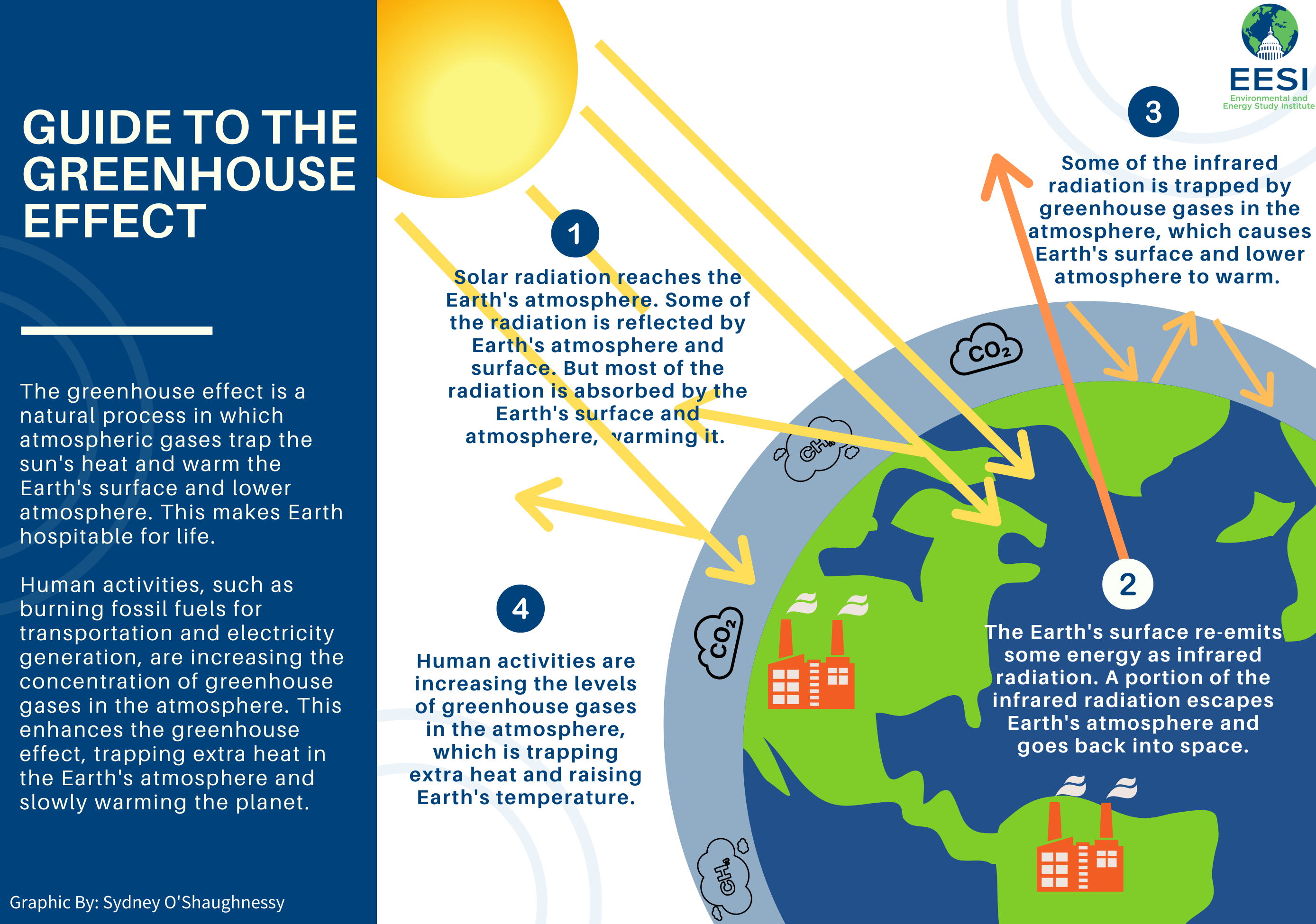



Global Warming Climate Change Frequently Asked Questions Faq Eesi
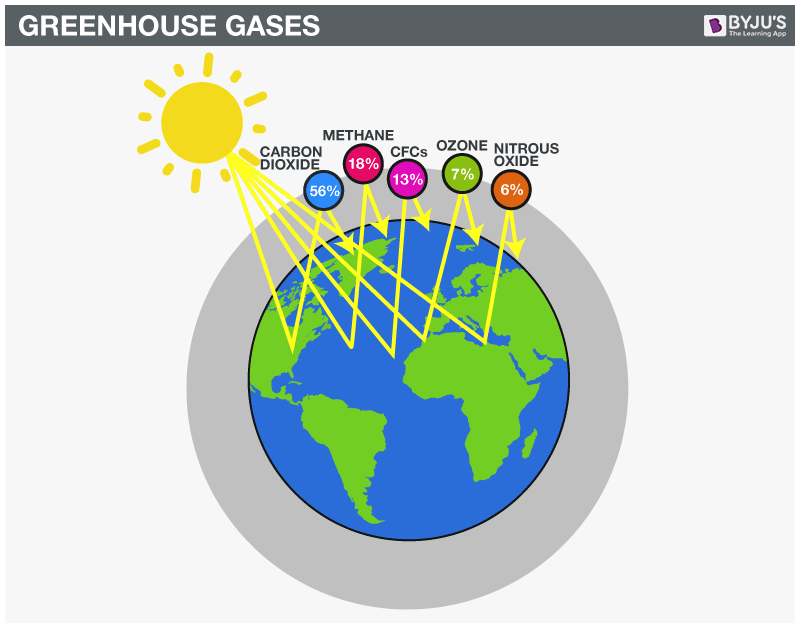



What Is Greenhouse Effect Definition Causes And Effects
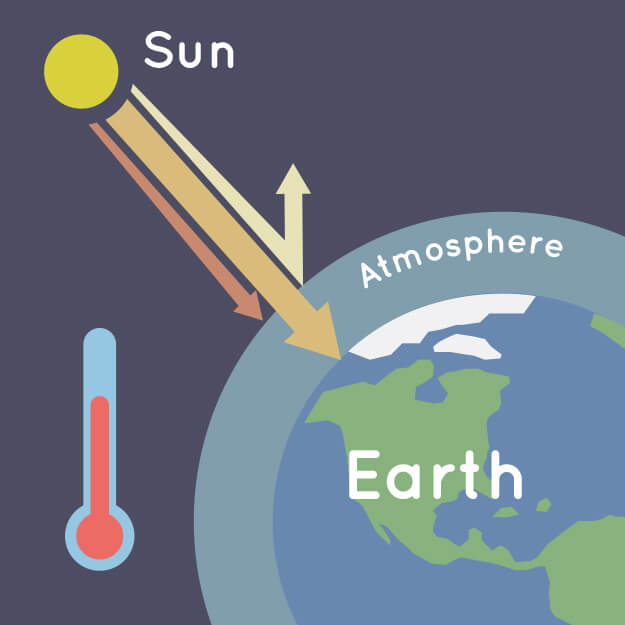



What Is The Greenhouse Effect Nasa Climate Kids




What Is The Greenhouse Effect Advanced Read Biology Ck 12 Foundation




Co2 The Greenhouse Effect And Global Warming From The Pioneering Work Of Arrhenius And Callendar To Today S Earth System Models Sciencedirect




Greenhouse Gas An Overview Sciencedirect Topics




Greenhouse Gas Definition Emissions Greenhouse Effect Britannica



Chapter 7 The Greenhouse Effect




Earth As A Greenhouse Greenhouse Effect Definition Biology Free Transparent Png Clipart Images Download
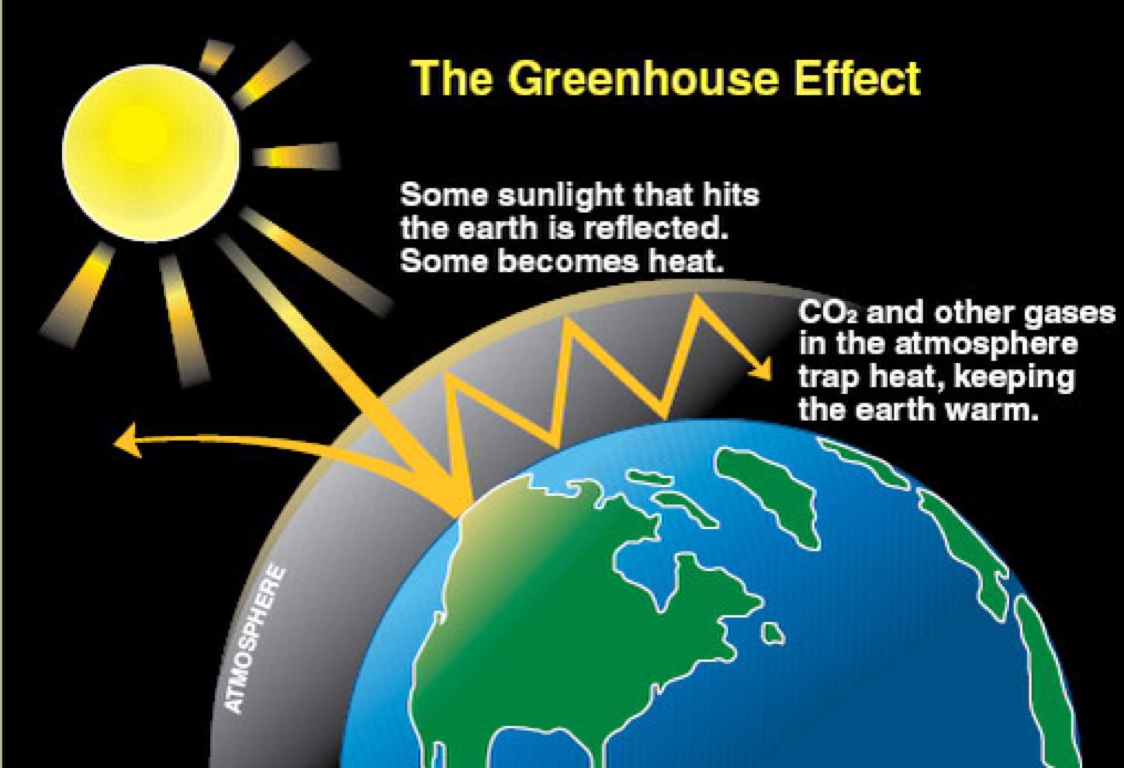



What Is The Difference Between The Greenhouse Effect And Global Warming Socratic



Economic Approaches To Greenhouse Warming




Greenhouse Effect Climate Change Global Warming How To Reduce Carbon Footprint Global Dimming Gcse Chemistry Revision Notes Igcse Revising Ks4 Science



1
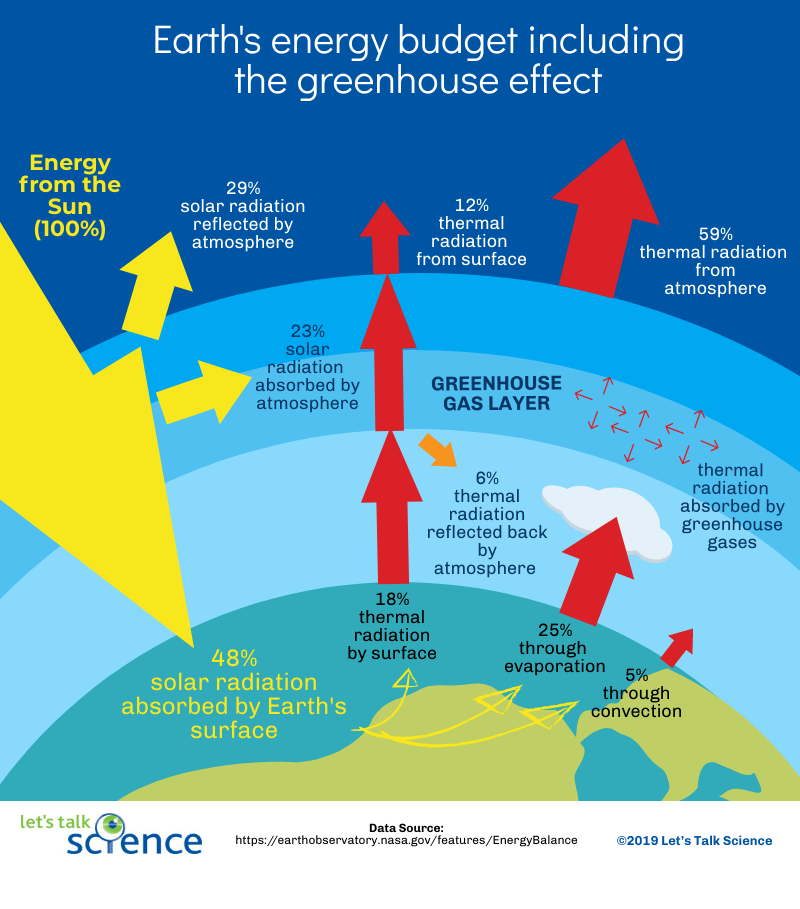



What Is Ocean Warming And Why Does It Matter Let S Talk Science




K1 Psx4w2wnatm




Greenhouse Gas Definition Emissions Greenhouse Effect Britannica




Greenhouse Gas Wikipedia



3
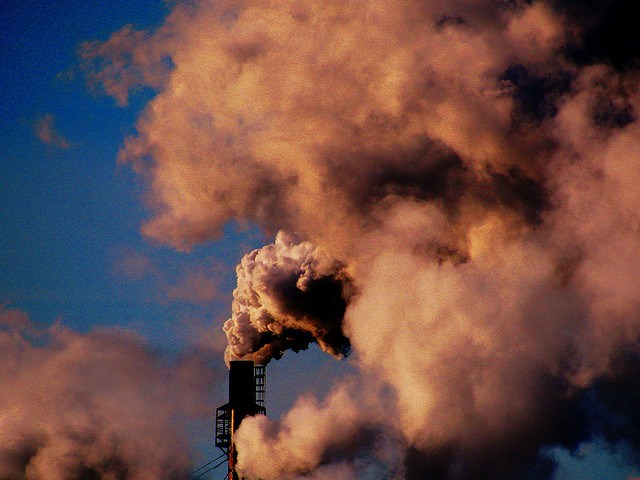



The Enhanced Greenhouse Effect Curious



Chapter 7 The Greenhouse Effect




What Is Nitrous Oxide And Why Is It A Climate Threat Inside Climate News




Essay On Greenhouse Effect For Students 500 Words Essay
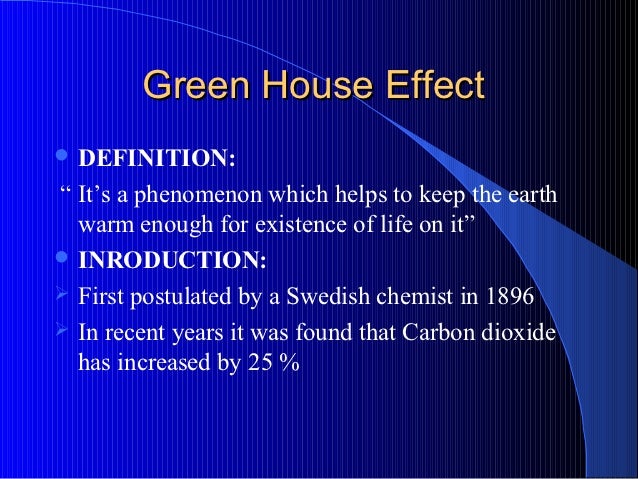



Green House Effect




Climate Change Evidence And Causes Royal Society




The Greenhouse Effect And Greenhouse Gasses



Why Do Only Certain Gases Cause The Greenhouse Effect And Why Do Some Gases Have More Of An Effect Than Others E G Methane Is Worse Than Co2 Quora
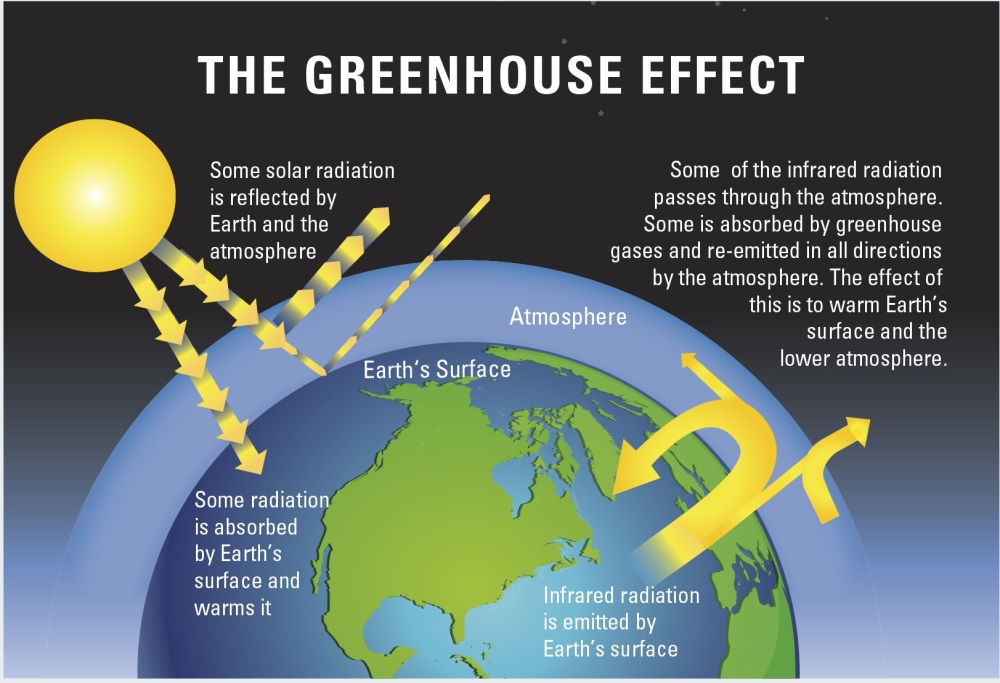



What Is The Relationship Between Global Warming And The Greenhouse Effect Socratic




Sf6 Worries The Most Potent And Persistent Greenhouse Gas Advanced Science News



3




What Is The Greenhouse Effect Global Ideas Youtube




The Enhanced Greenhouse Effect Global Warming Ozcoasts




Implications Of Possible Interpretations Of Greenhouse Gas Balance In The Paris Agreement Philosophical Transactions Of The Royal Society A Mathematical Physical And Engineering Sciences




What Is Greenhouse Effect Definition Causes And Effects




The Enhanced Greenhouse Effect Global Warming Ozcoasts




The Greenhouse Effect Ucar Center For Science Education
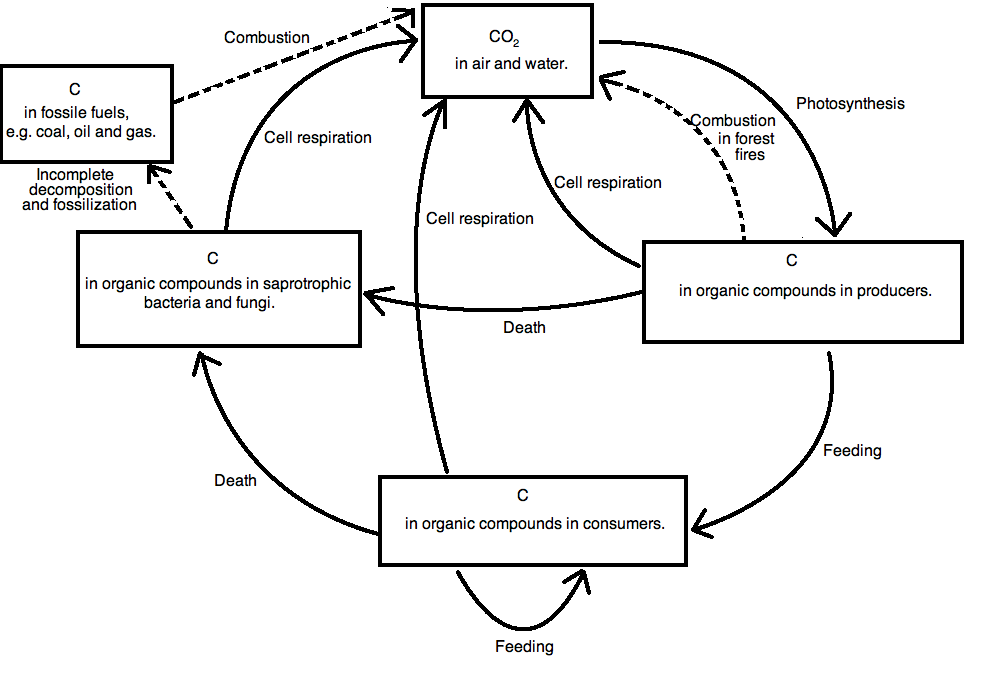



Ib Biology Notes 5 2 The Greenhouse Effect
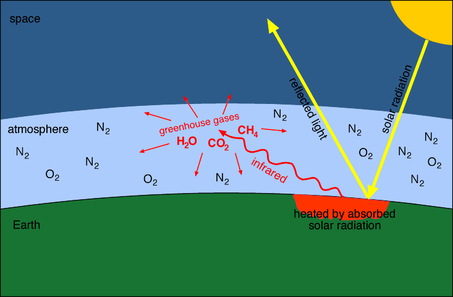



Greenhouse Gases Biology Notes For Igcse 14




The Principal Greenhouse Gases And Their Sources Neef



Untitled Document



1




Co2 The Greenhouse Effect And Global Warming From The Pioneering Work Of Arrhenius And Callendar To Today S Earth System Models Sciencedirect




Which Gases Are Greenhouse Gases American Chemical Society
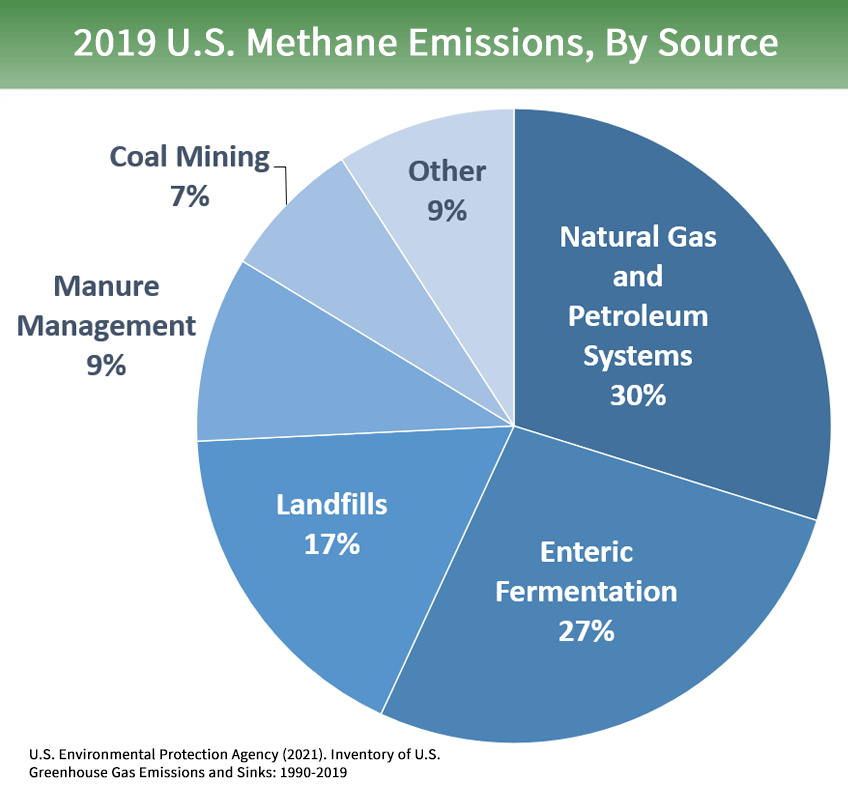



Overview Of Greenhouse Gases Us Epa




Methane Is Like Co2 On Steroids When It Comes To Trapping Heat



Climate Change Ten Year Retreat
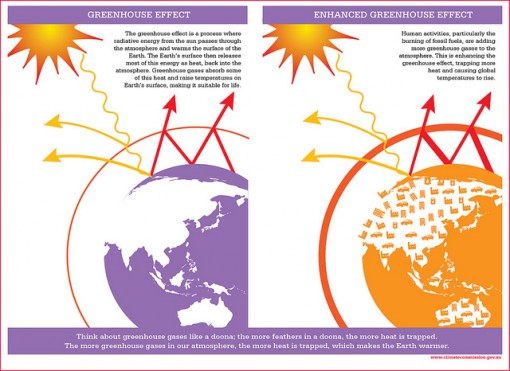



What Is The Greenhouse Effect Conserve Energy Future




Greenhouse Effect Wikipedia



The Carbon Dioxide Greenhouse Effect
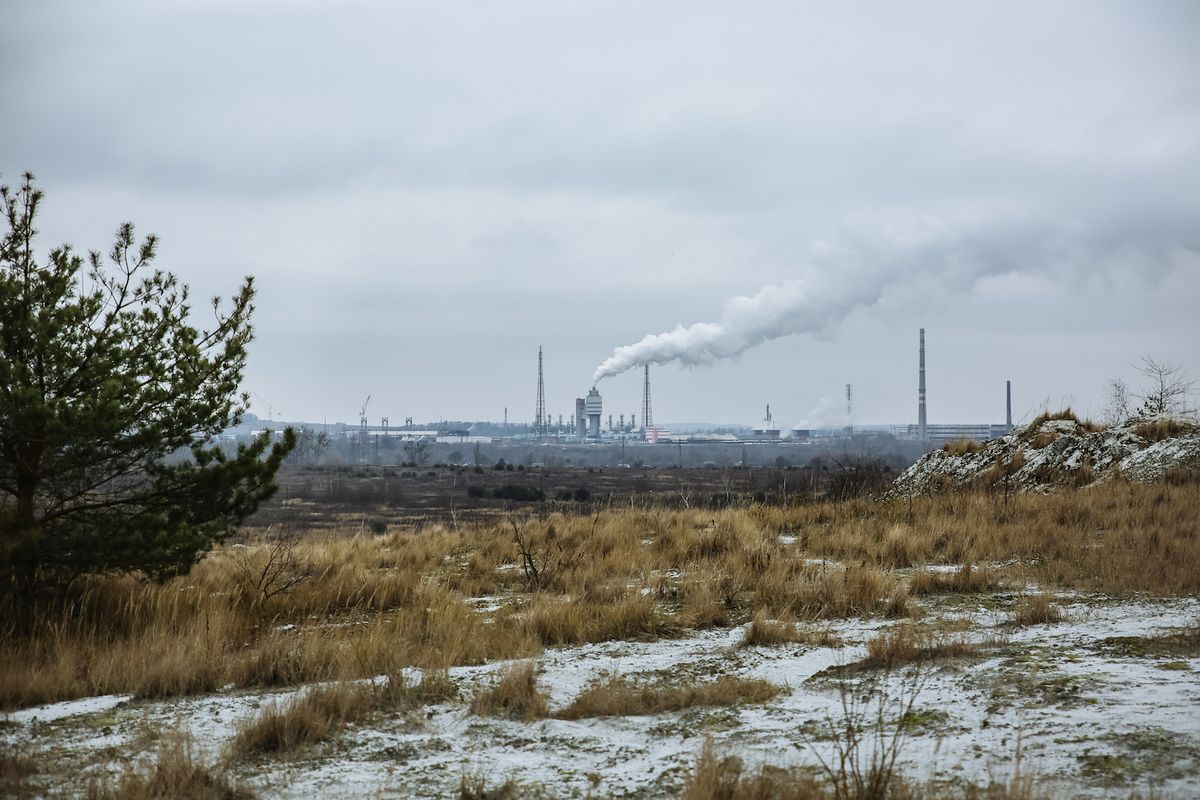



What Is The Greenhouse Effect Global Warming Live Science
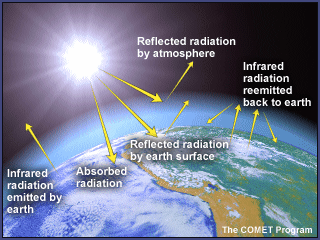



The Greenhouse Effect Greenhouse Gases



What Is The Greenhouse Effect Nasa Climate Kids




Greenhouse Effect National Geographic Society
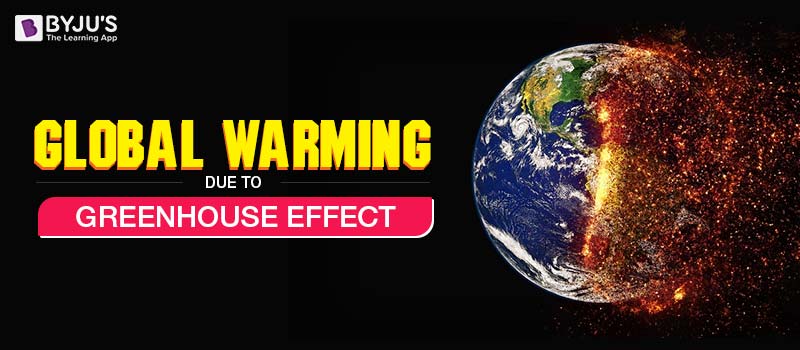



Global Warming Greenhouse Effect Greenhouse Gases With Examples




Greenhouse Effect E 3 Pages Definitions 2 Description 3 Greenhouse Gases 4 Greenhouse Gases Effect On Atmosphere Ppt Download




Greenhouse Effect Accessscience From Mcgraw Hill Education




Greenhouse Effect Definition Diagram Causes Facts Britannica
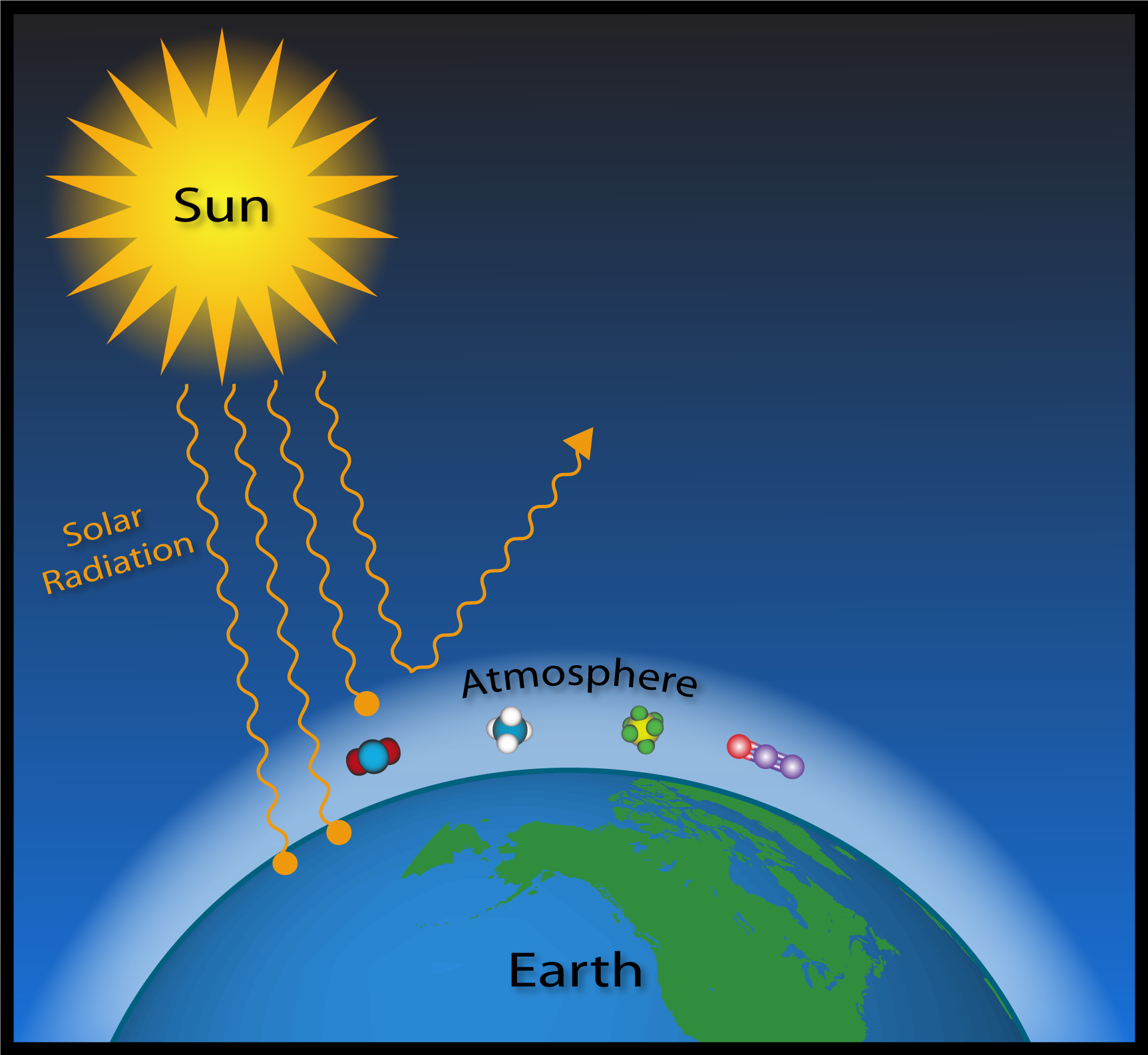



Esrl Global Monitoring Laboratory Education And Outreach




Global Warming Causes And Effects Class 11 Ch 14 Environmental Chemistry Class8 Class 9




Greenhouse Effect And Global Warming Environmental Science Letstute Youtube
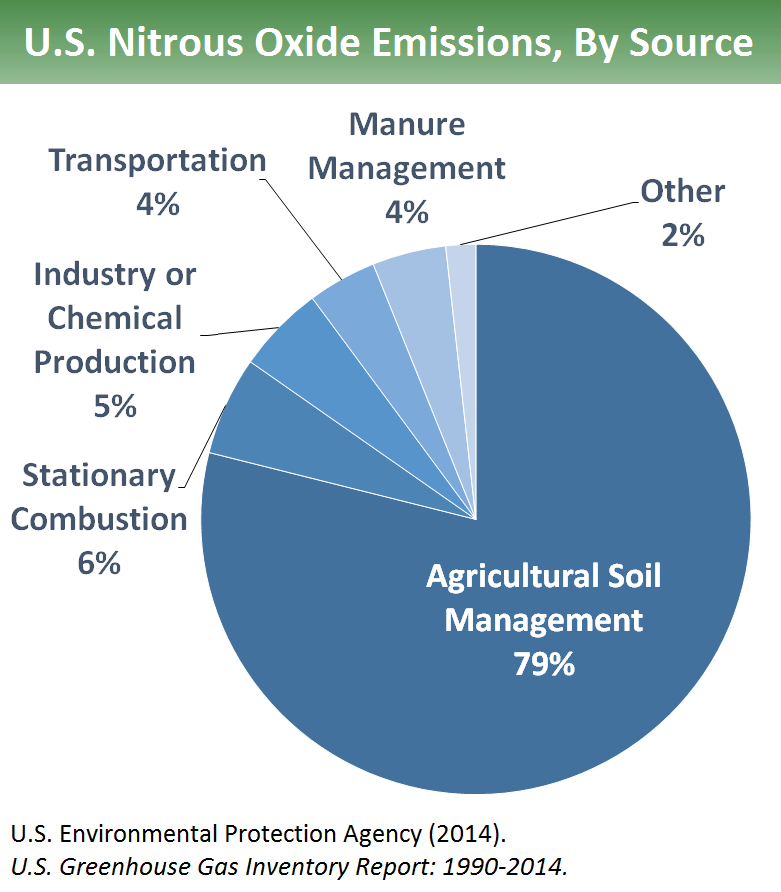



Overview Of Greenhouse Gases Greenhouse Gas Ghg Emissions Us Epa




The Greenhouse Effect Introduction To Chemistry




Greenhouse Effect 101 Nrdc




The Greenhouse Effect Easily Understood With A Diagram Help Save Nature




Greenhouse Effect 101 Nrdc




Greenhouse Effect Global Warming Definition Solution Facts
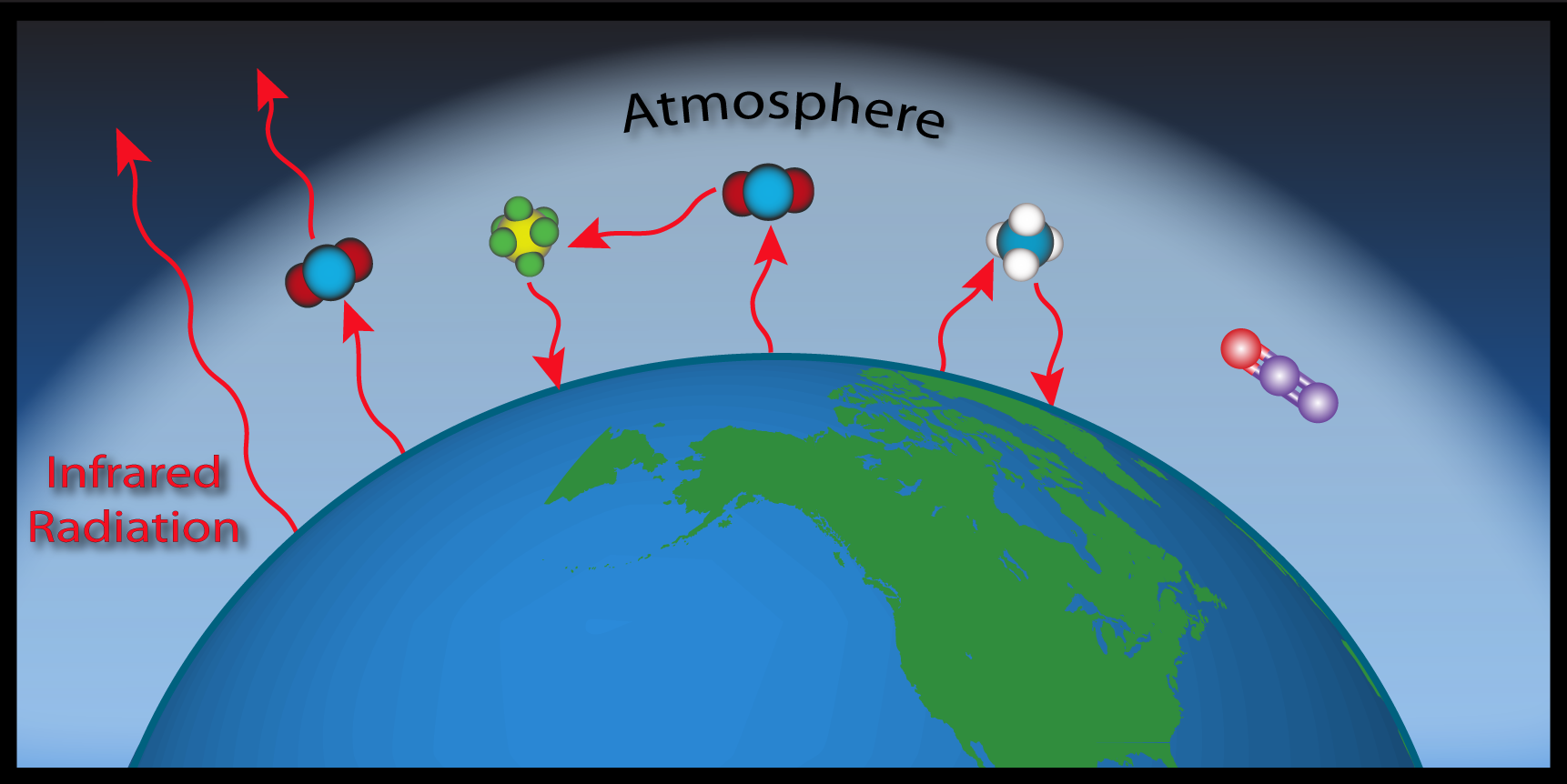



Esrl Global Monitoring Laboratory Education And Outreach



Team Braunschweig Project Content 14 Igem Org




What Is The Greenhouse Effect Definition Impact Video Lesson Transcript Study Com




5 2 3 Explain The Enhanced Greenhouse Effect Youtube




The Chemistry Of Global Warming Chapter 3 Chemistry
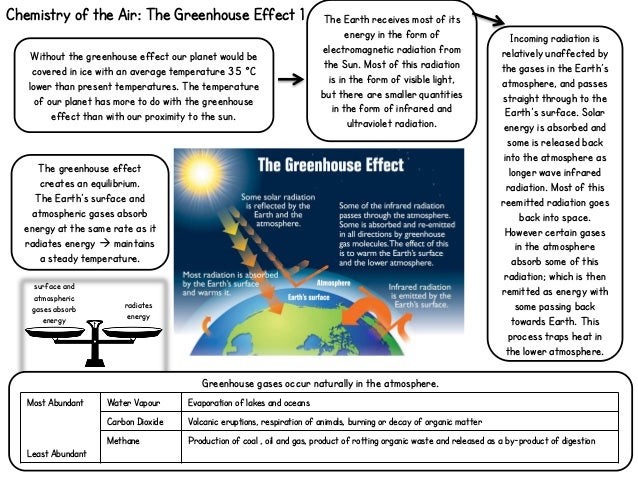



Chemistry Of The Air The Greenhouse Effect
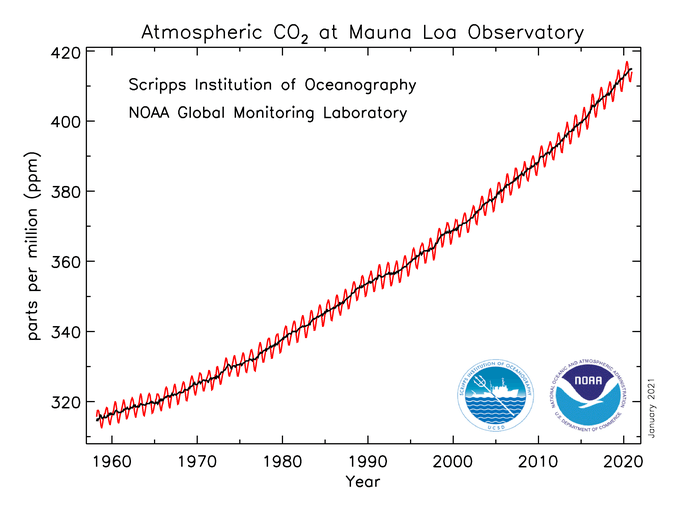



Main Greenhouse Gases Center For Climate And Energy Solutions




Properties American Chemical Society
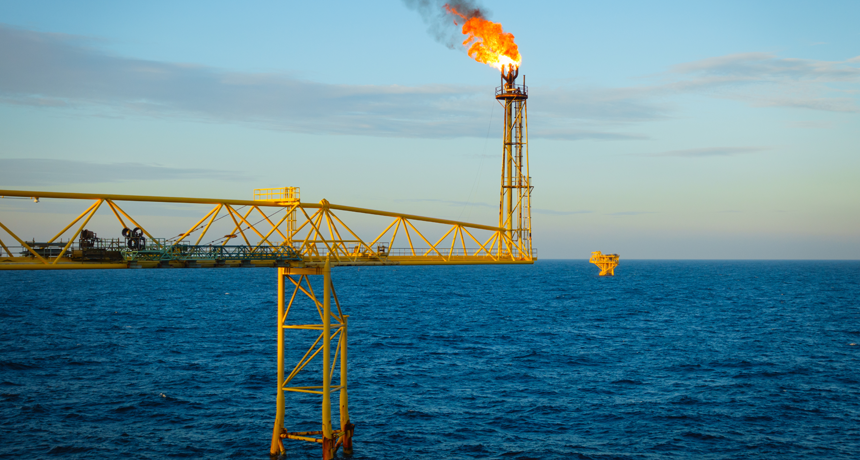



Explainer Co2 And Other Greenhouse Gases Science News For Students




What Is The Greenhouse Effect Advanced Read Biology Ck 12 Foundation




Greenhouse Gases American Chemical Society



0 件のコメント:
コメントを投稿